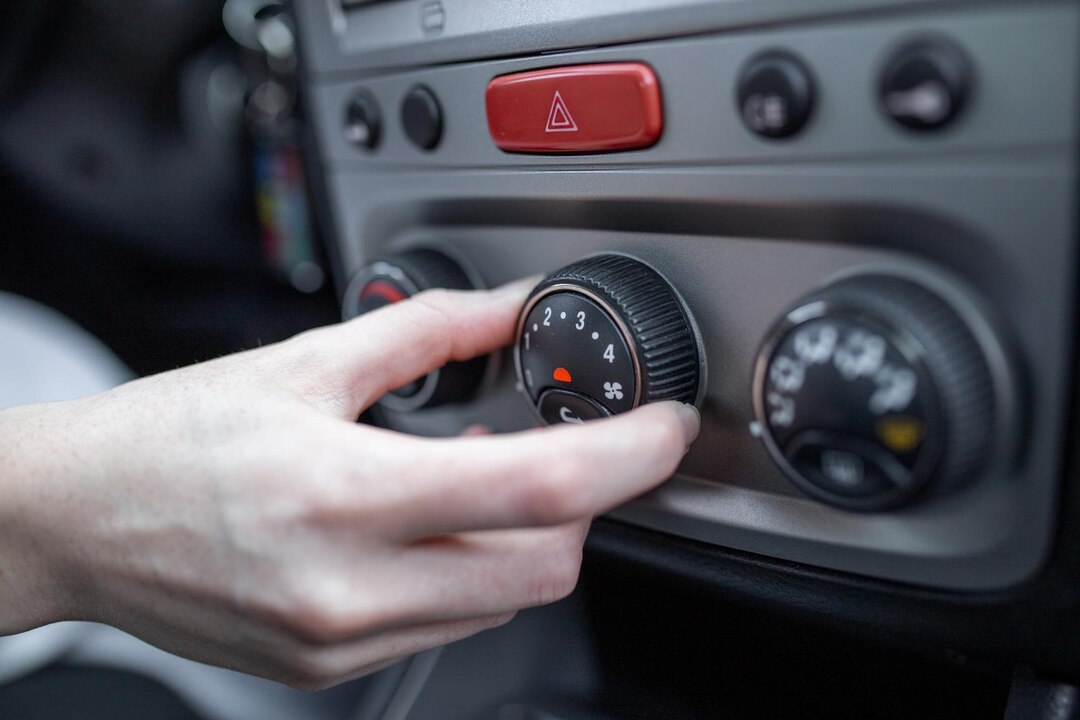Your car’s air conditioning system plays a crucial role in keeping you cool and comfortable, especially during hot summer months. Central to its functionality is the refrigerant, a chemical compound responsible for absorbing heat from the cabin and releasing it outside. Over time, refrigerant levels can decrease or become contaminated, leading to diminished cooling performance and potential system damage. Recognizing the signs that your car refrigerant needs replacement can help you address issues promptly and ensure optimal performance. Here are 10 indicators to watch for:
1. Weak or Warm Airflow:
One of the most obvious signs of low refrigerant levels is weak or warm airflow from the air conditioning vents. If you notice that your car’s interior is not cooling as effectively as it used to, it could indicate a refrigerant leak or depletion.
2. Reduced Cooling Capacity:
If your car’s air conditioning system struggles to cool the interior, even when set to the highest setting, it may be a sign of insufficient refrigerant. A decrease in cooling capacity can result from low refrigerant levels or a malfunctioning compressor.
3. Noises from the Compressor:
Unusual noises coming from the compressor, such as grinding, squealing, or hissing sounds, could indicate a refrigerant leak or compressor failure. It’s essential to address these noises promptly to prevent further damage to the air conditioning system.
4. Leaking Refrigerant:
Visible signs of refrigerant leaks, such as puddles or stains underneath the car, indicate a loss of refrigerant. Leaks can occur in various components of the air conditioning system, including hoses, seals, and the evaporator or condenser coils.
5. Ice Buildup on Components:
Excessive ice buildup on the evaporator coils or refrigerant lines is a common sign of low refrigerant levels or restricted airflow. Ice formation can impede the system’s ability to cool the air and may lead to further damage if left unaddressed.
6. Unpleasant Odors:
Foul or musty odors emanating from the air conditioning vents could indicate mold or bacterial growth within the system. Low refrigerant levels can contribute to moisture buildup, creating an ideal environment for microbial growth.
7. Inconsistent Temperature:
If the temperature fluctuates erratically while driving, with periods of cold air followed by warm air, it may indicate an issue with the refrigerant or air conditioning system. Inconsistent temperature control can result from refrigerant leaks or compressor malfunctions.
8. Difficulty Defrosting Windows:
Inadequate refrigerant levels can affect the performance of your car’s defrosting system, making it challenging to clear fog or frost from the windows. Proper refrigerant levels are essential for maintaining optimal defrosting capabilities, especially in cold weather.
9. Reduced Fuel Efficiency:
A decrease in fuel efficiency could be a secondary effect of a malfunctioning air conditioning system. When the air conditioning compressor works harder to compensate for low refrigerant levels or system inefficiencies, it can lead to increased fuel consumption.
10. Dashboard Warning Lights:
Some modern vehicles are equipped with sensors that monitor the performance of the air conditioning system and detect refrigerant leaks or malfunctions. If a dashboard warning light related to the air conditioning system illuminates, it’s essential to have the system inspected by a qualified technician.
Addressing Refrigerant Issues:
If you notice any of these signs indicating a problem with your car’s refrigerant, it’s crucial to have the air conditioning system inspected and serviced by a certified mechanic. A professional technician can diagnose the issue, identify any leaks or malfunctions, and perform the necessary repairs or refrigerant replacement.
Regular maintenance and inspections are key to ensuring the longevity and efficiency of your car’s air conditioning system. By staying vigilant for signs of refrigerant depletion or leaks and addressing issues promptly, you can enjoy consistent cooling performance and a comfortable driving experience, no matter the weather.











